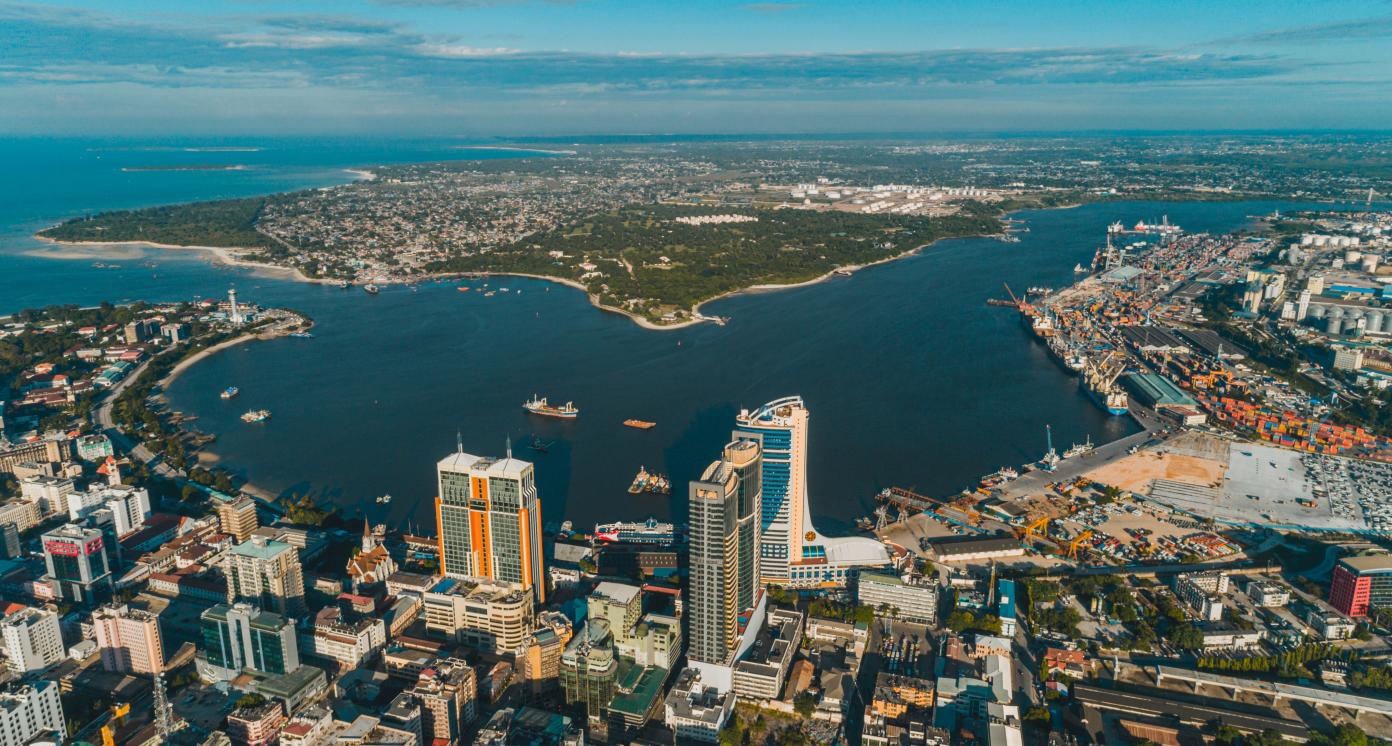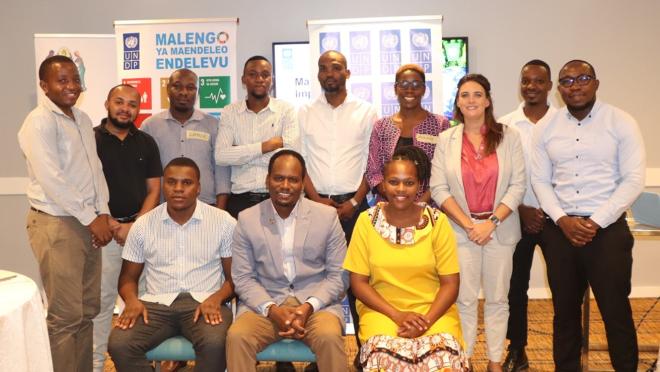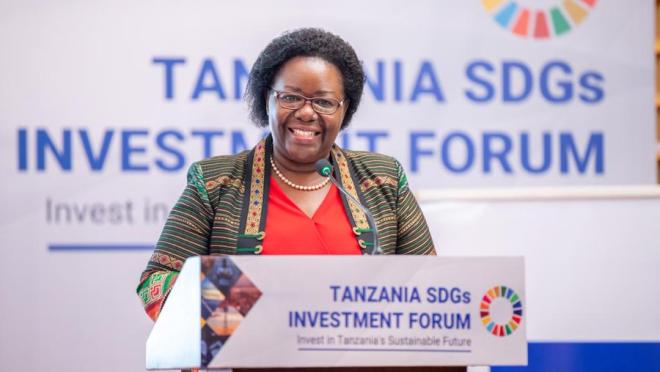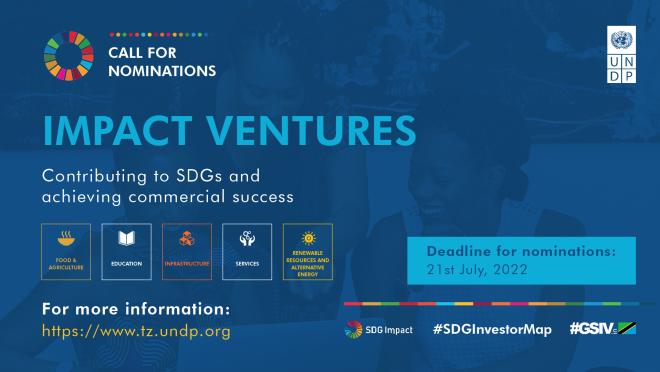Following two decades of sustained growth, Tanzania reached an important milestone in July 2020, when it formally graduated from low-income country to lower-middle-income country status. Tanzania’s achievement reflects sustained macroeconomic stability that has supported growth, in addition to the country’s rich natural endowments and strategic geographic position.
Economic activity in Tanzania gradually recovering in the third quarter of 2021, with the surge mainly driven by the hospitality, mining, and electricity sectors. Leading indicators such as cement production, electricity generation, private-sector credit, goods and services exports, nonfuel goods imports, telecommunications, mobility, and tourist arrivals all improved in 2021, though activity in most sectors remains below pre-pandemic levels. Based on preliminary findings from recent telephone surveys, there are positive signs with employment among heads of households returning to its January 2020 levels in mid-2021. The World Bank estimates a real GDP growth rate of 4.3 percent and a GDP per capita growth rate of 1.3 percent in 2021, following a 1.0 percent per capita GDP contraction in 2020. Meanwhile, the national poverty rate is estimated to have declined marginally from 27.1 percent in 2020 to 27.0 percent in 2021, driven by the recovery of employment and nonfarm business revenue.
Official GDP data for Zanzibar shows expansion during the first half of 2021 but with uneven growth rates across sectors. The services sector, accounting for nearly 50 percent of Zanzibar’s GDP, expanded by 9.4 percent in the first half of 2021, while the agriculture sector expanded more slowly at 7.1 percent, and the industrial sector contracted by 8.7 percent. An estimated 60,000 jobs are directly or indirectly linked to Zanzibar’s tourism sector. Between January and September 2021, the number of tourist arrivals increased to 252,937, albeit still well below the 376,732 recorded during the same period in 2019. Nevertheless, rising tourist arrivals supported the growth of accommodation and food service, while public administration also contributed to the expansion of services.
Source: World Bank, Tanzania Country Overview
Access the Tanzania SDG Investor Map summary report here. Watch the Tanzania SDG Investor Map launch within the Tanzania SDG Investment Forum here.
13
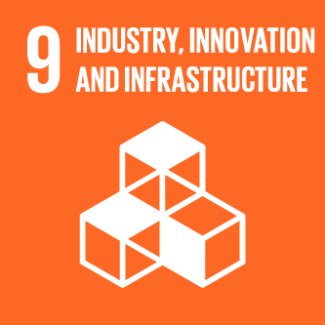
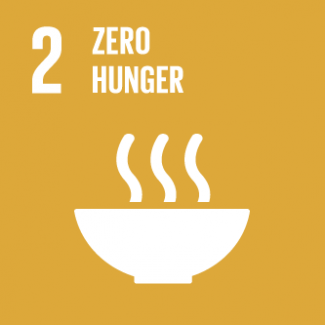
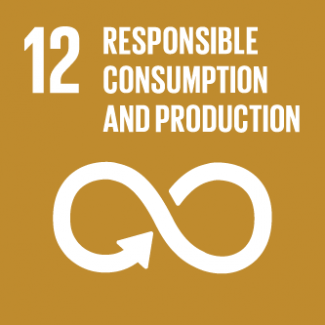
Food and Beverage, Infrastructure, Education
0.529
How is this information gathered?
SDG Investor Maps employ an 8-step methodology, combining data research and stakeholder consultations to identify Investment Opportunity Areas (IOAs) and potential business models with significant financial and impact potential.
Disclaimer
UNDP, the Private Finance for the SDGs, and their affiliates (collectively “UNDP”) do not seek or solicit investment for programmes, projects, or opportunities described on this site (collectively “Programmes”) or any other Programmes, and nothing on this page should constitute a solicitation for investment. The actors listed on this site are not partners of UNDP, and their inclusion should not be construed as an endorsement or recommendation by UNDP for any relationship or investment.
The descriptions on this page are provided for informational purposes only. Only companies and enterprises that appear under the case study tab have been validated and vetted through UNDP programmes such as the Growth Stage Impact Ventures (GSIV), Business Call to Action (BCtA), or through other UN agencies. Even then, under no circumstances should their appearance on this website be construed as an endorsement for any relationship or investment. UNDP assumes no liability for investment losses directly or indirectly resulting from recommendations made, implied, or inferred by its research. Likewise, UNDP assumes no claim to investment gains directly or indirectly resulting from trading profits, investment management, or advisory fees obtained by following investment recommendations made, implied, or inferred by its research.
Investment involves risk, and all investments should be made with the supervision of a professional investment manager or advisor. The materials on the website are not an offer to sell or a solicitation of an offer to buy any investment, security, or commodity, nor shall any security be offered or sold to any person, in any jurisdiction in which such offer would be unlawful under the securities laws of such jurisdiction.















